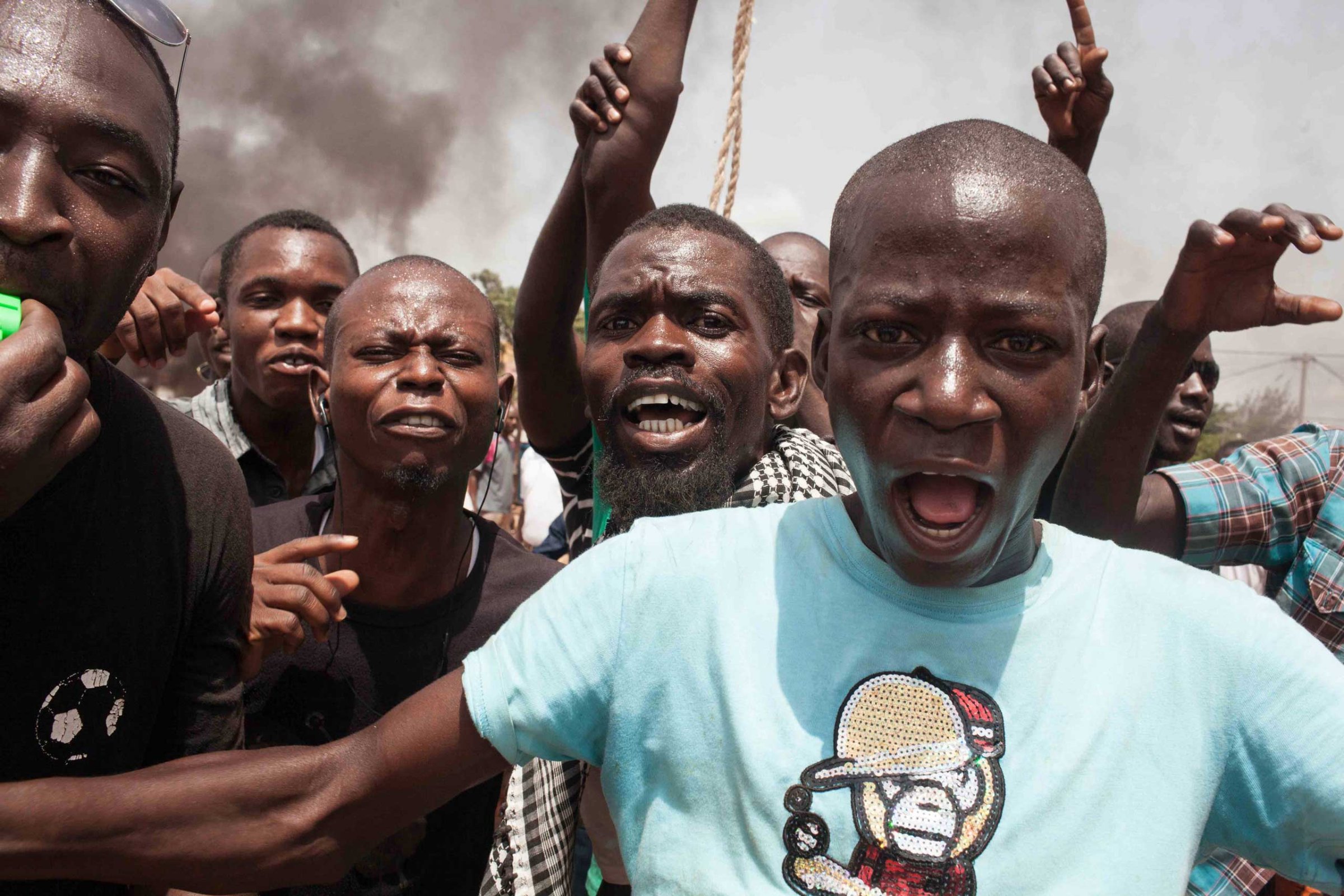
With less than a month to go before a round of historic elections that promised to set Burkina Faso firmly on the path to a functioning and fair democracy, armed men loyal to a previous president burst into a Sept. 16 cabinet session in the capital, Ouagadougou, and hustled the interim President, the Prime Minister and two ministers into detention as stunned policy makers looked on.
As far as coups go, it doesn’t get much more definitive than that. On Thursday morning a spokesman for the elite Régiment de Sécurité Présidentielle (RSP), a 1,300 strong presidential protection military unit that had been trained, in part, by the United States, read a communiqué on national radio and television. The RSP, said Lt. Col. Mamadou Bamba, had dissolved the government and taken control of the country in the name of the newly formed “National Democratic Council.” It’s the second time in less than a year that Burkina Faso’s government has been upended, sending shockwaves through Western Africa and raising concerns about political stability throughout a region under pressure from militant Islamist groups linked to al-Qaeda and Boko Haram.
In Oct. 2014, then President Blaise Compaoré was ousted by demonstrators incensed by his attempts to amend the constitution in order to prolong his 27-year-long rule. He fled to neighboring Ivory Coast, leaving the land-locked nation in the charge of a transitional government charged with overseeing new elections slated for Oct. 11, 2015. According to the country’s new electoral code, supporters and members of Compaoré’s party would be blocked from participating. Bamba, a loyalist and member of the presidential guard, announced that the National Democratic Council has put an end “to the deviant regime of transition” and that it would oversee a “coherent, fair and equitable process” of elections. Coup leaders later issued a statement that Compaoré’s former Chief of Staff, Gen. Gilbert Diendere, would lead the country in the meantime.
The European Union, the United Nations’ Secretary General Ban Ki-moon and France’s President Francois Hollande immediately condemned the coup and called for the immediate release of Burkina Faso’s interim President Michel Kafando and Prime Minister, Isaac Zida. So far the coup leaders do not seem to be concerned about international opprobrium. Despite calls from Interim Parliamentary speaker Cheriff Sy for residents to “defend the motherland” and to “immediately rise up” in response to the coup, the streets of Ouagadougou were relatively calm Thursday afternoon, after presidential forces opened fire at Revolution Square, where protestors had gathered. A nationwide curfew is now in effect, and the borders are closed.
It’s not the first time that the RSP has attempted to derail a transition that would most certainly curtail its power. In June the unit’s leaders demanded the resignation of Prime Minister Zida, who had publically called for the unit’s dissolution in the interest of national security. On Monday the Reconciliation Commission in charge of the political transition repeated Zida’s call to disband the unit. Coup spokesman Bamba may have justified the RSPs actions by citing electoral laws, but the threat to the unit’s very existence is the most likely trigger for Wednesday’s coup.
Inside Sudan's War-Torn Darfur
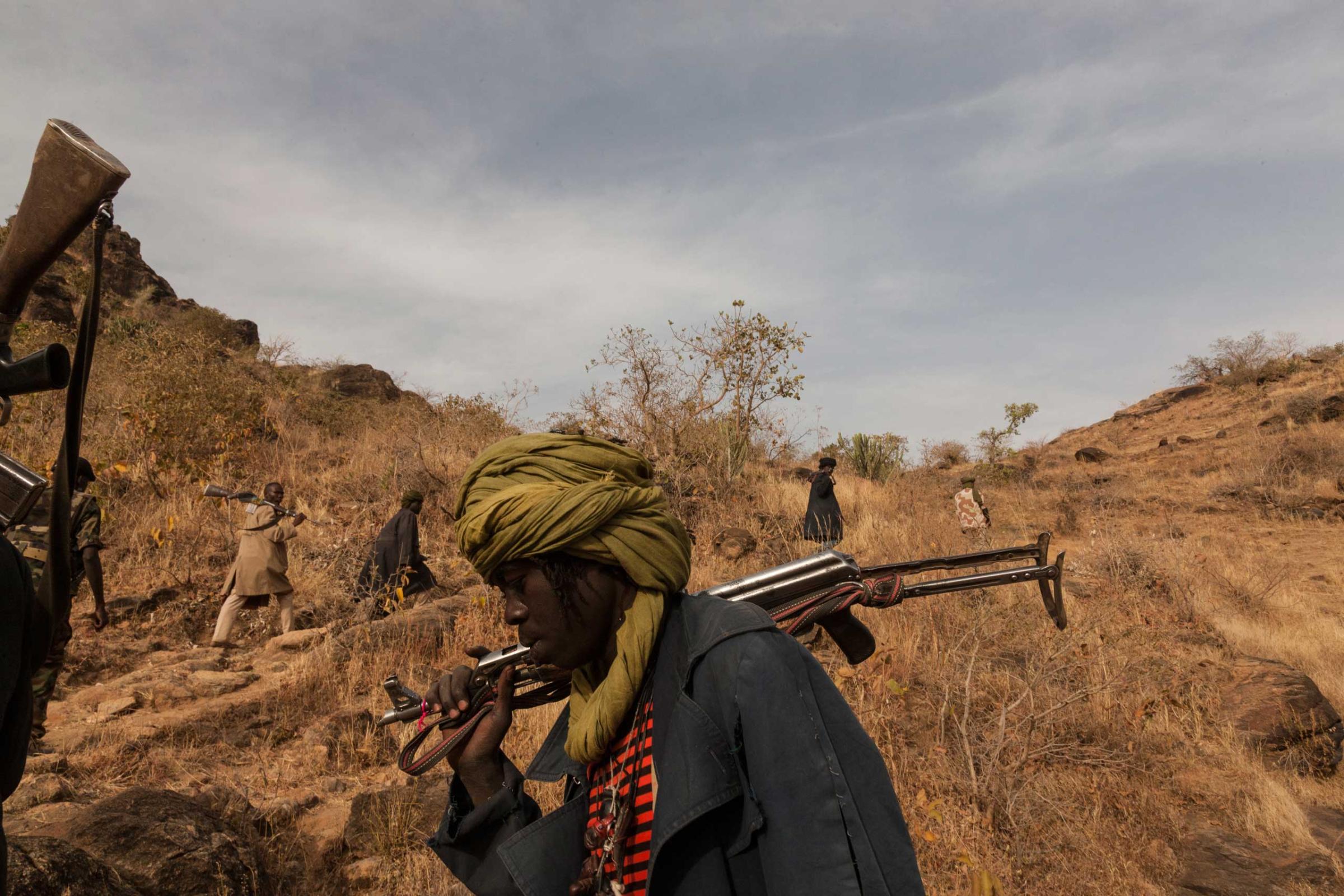

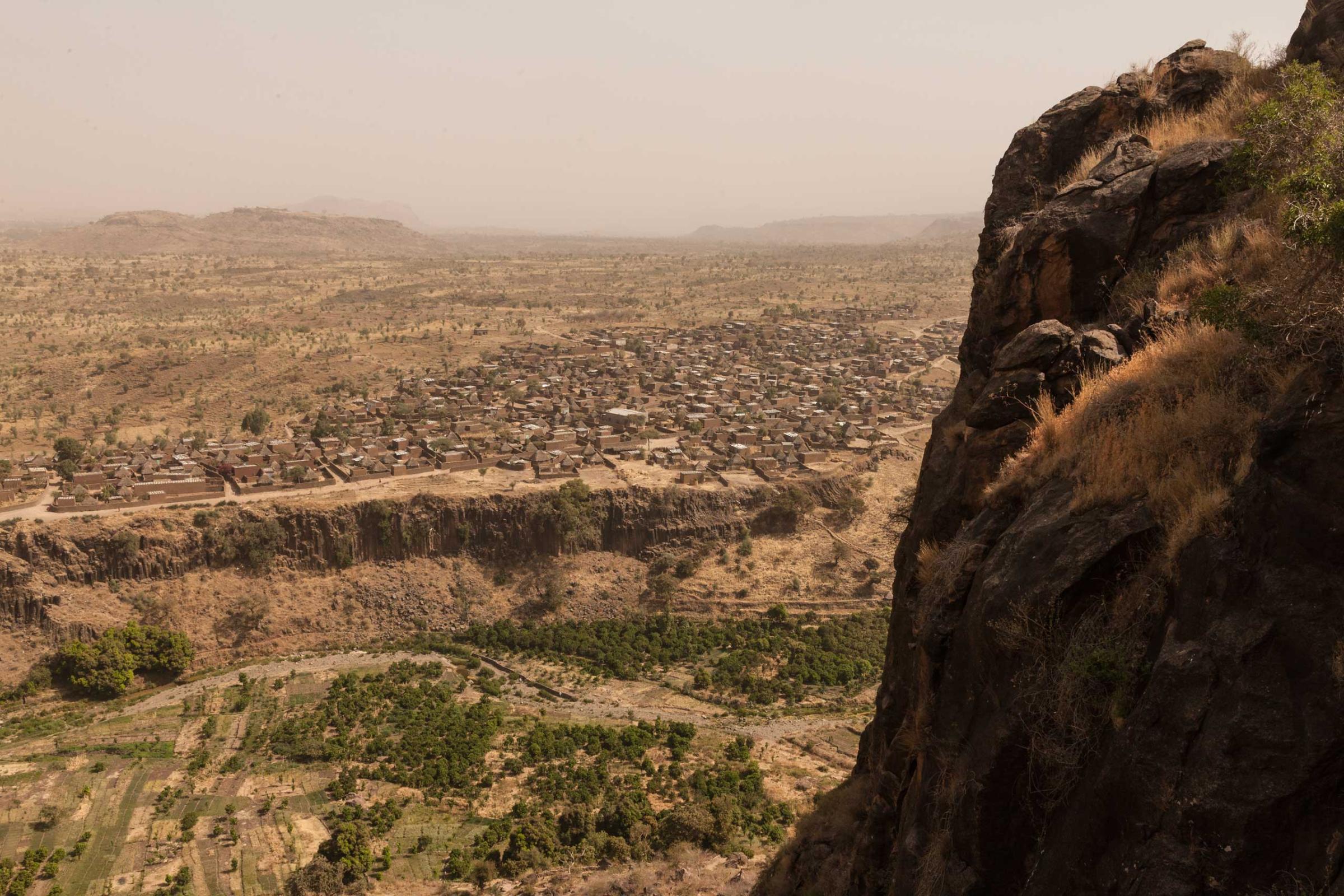
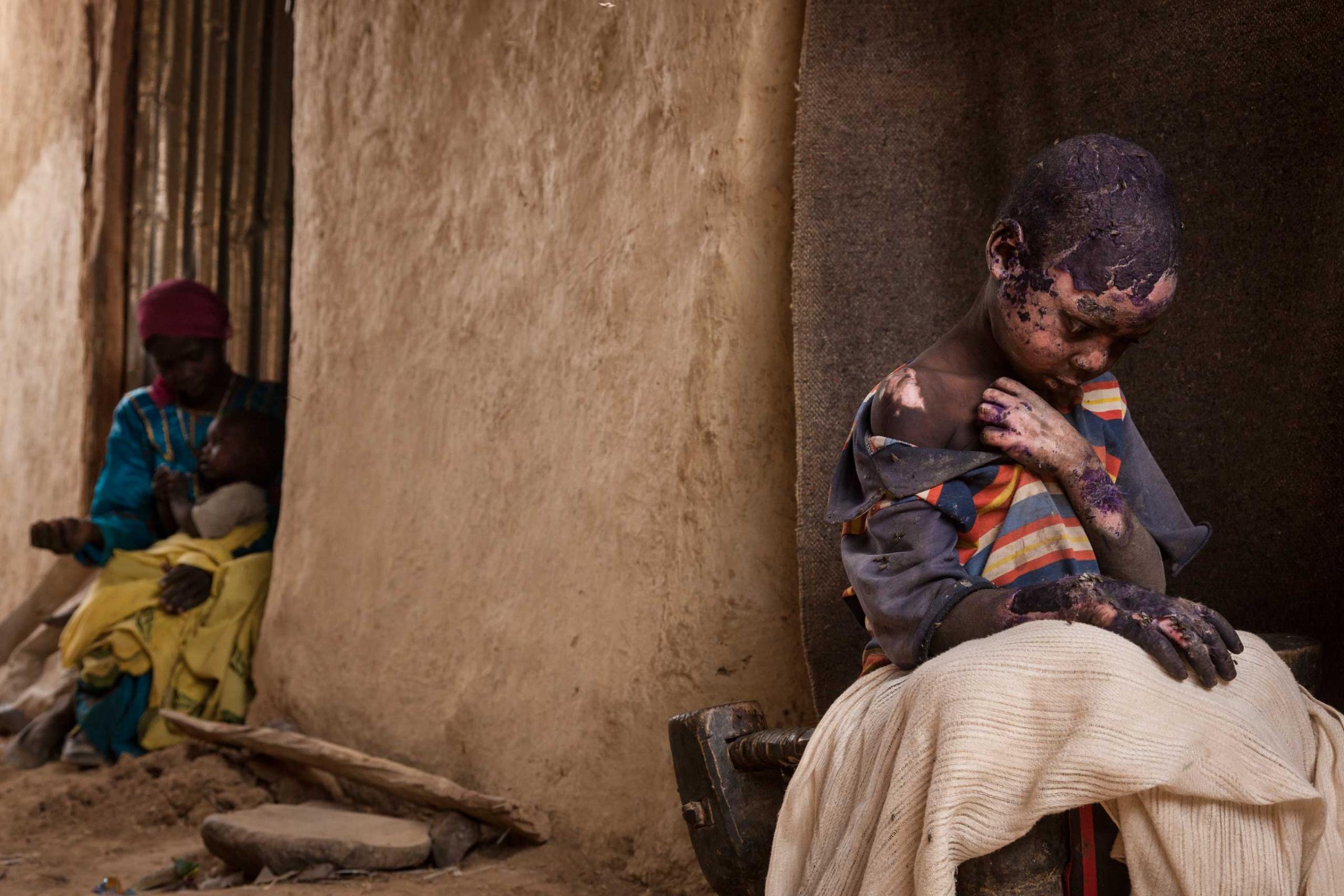
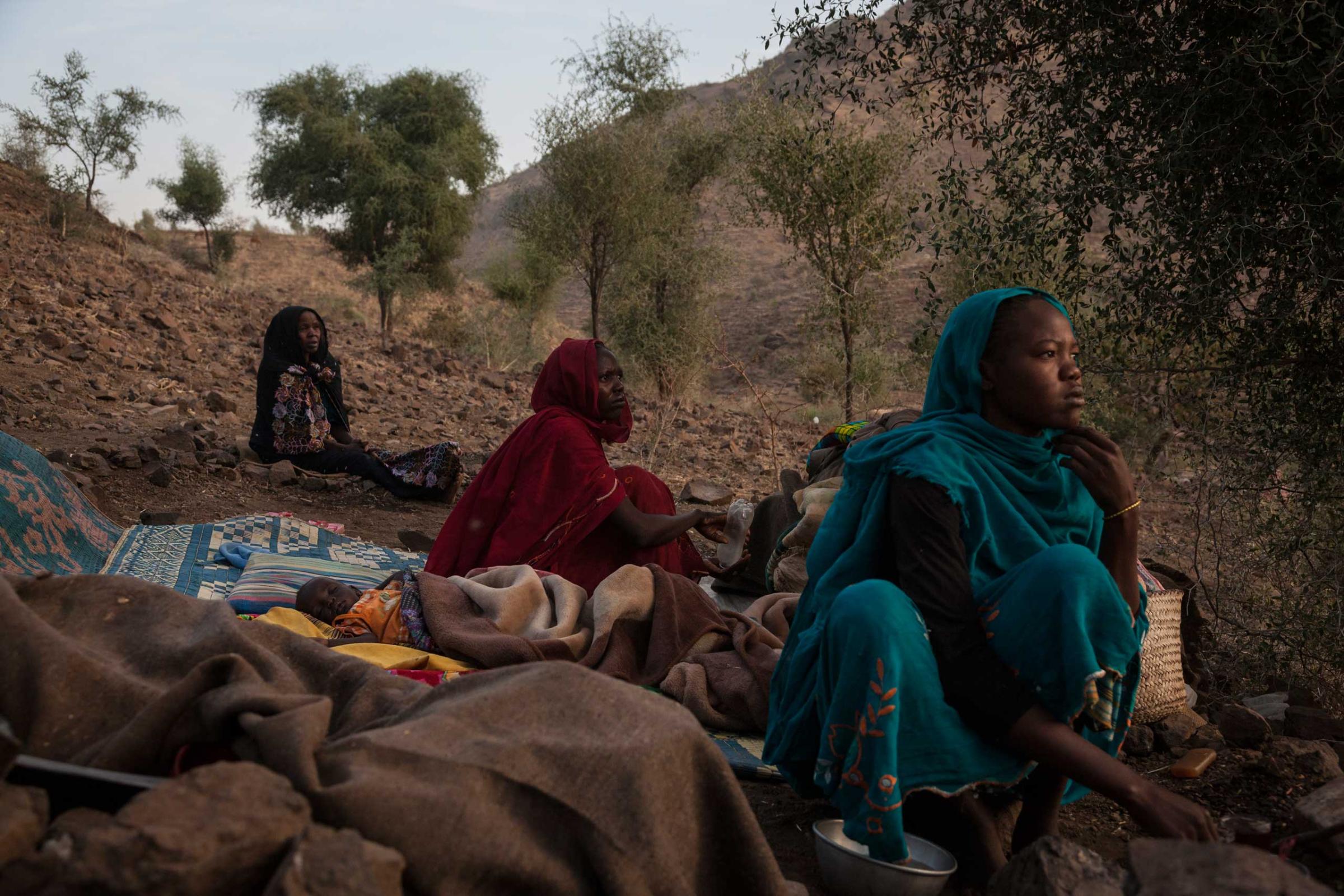
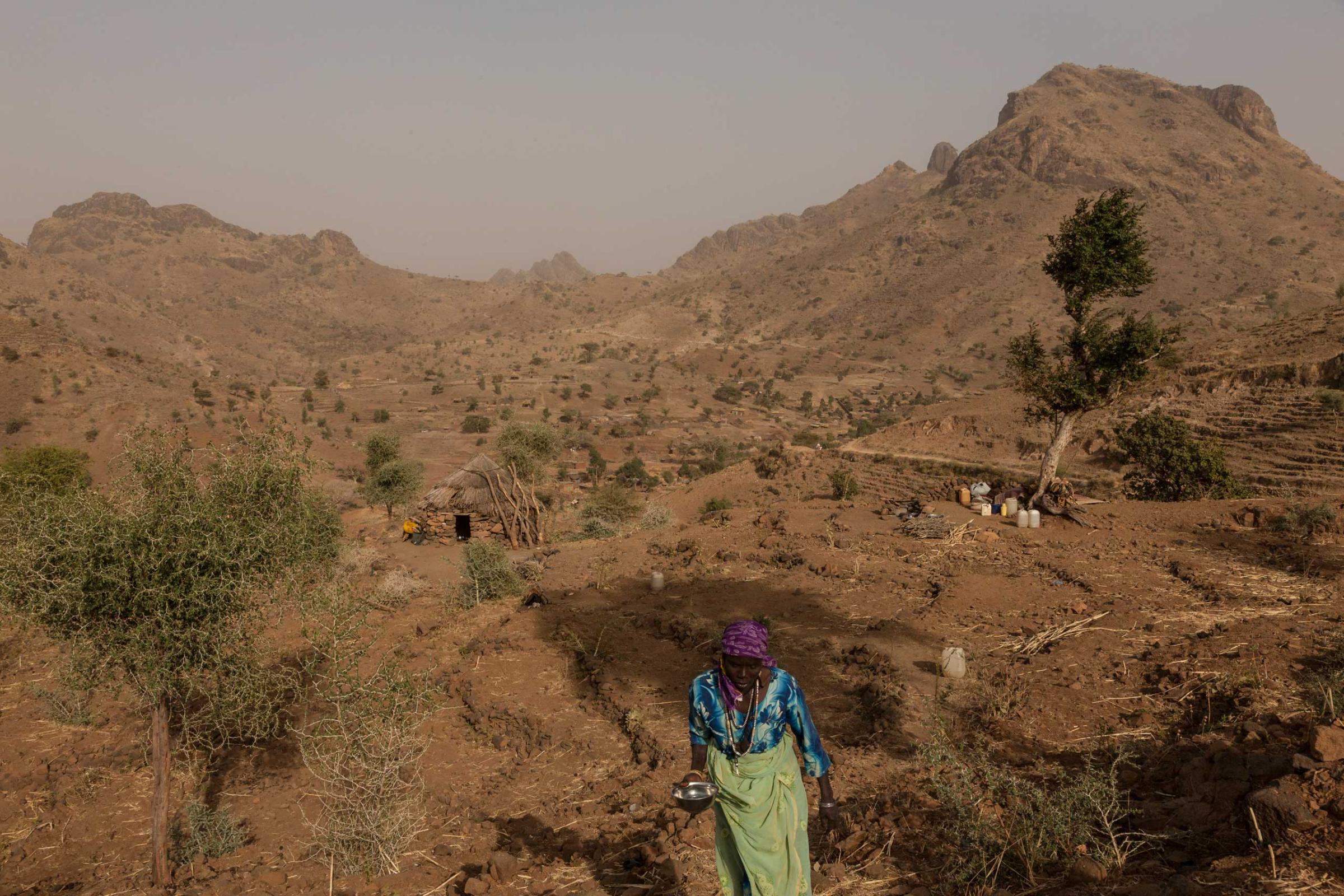
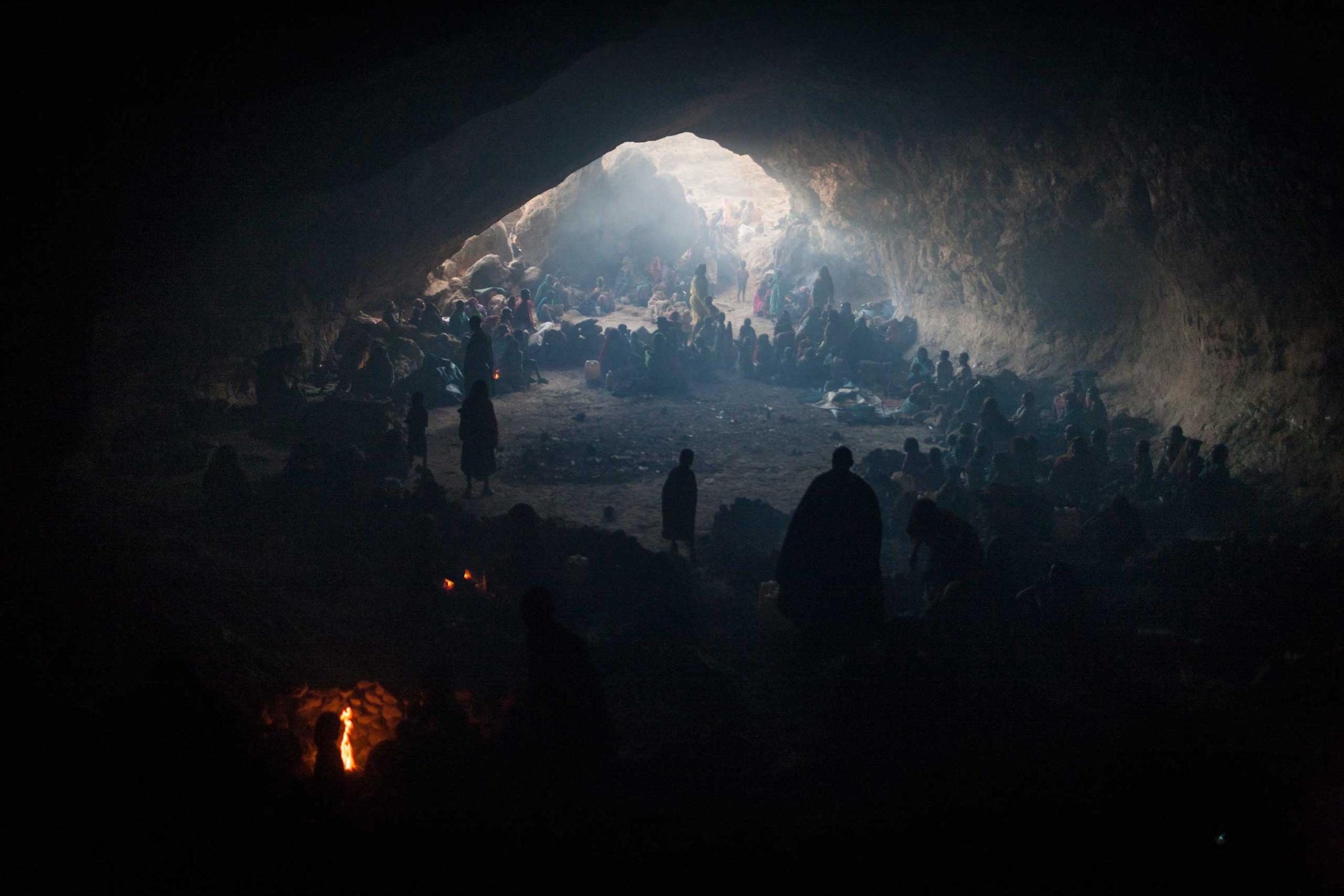
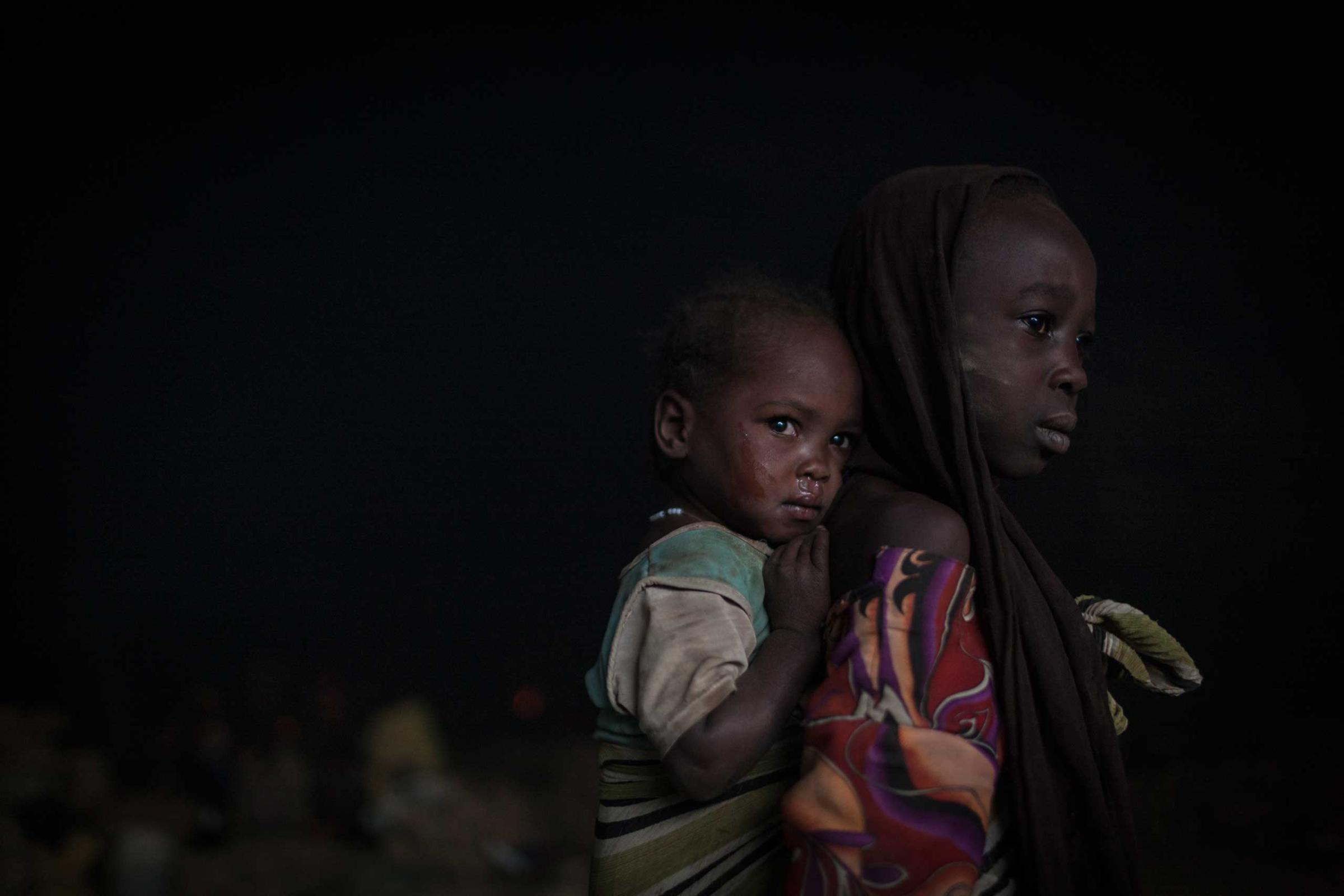
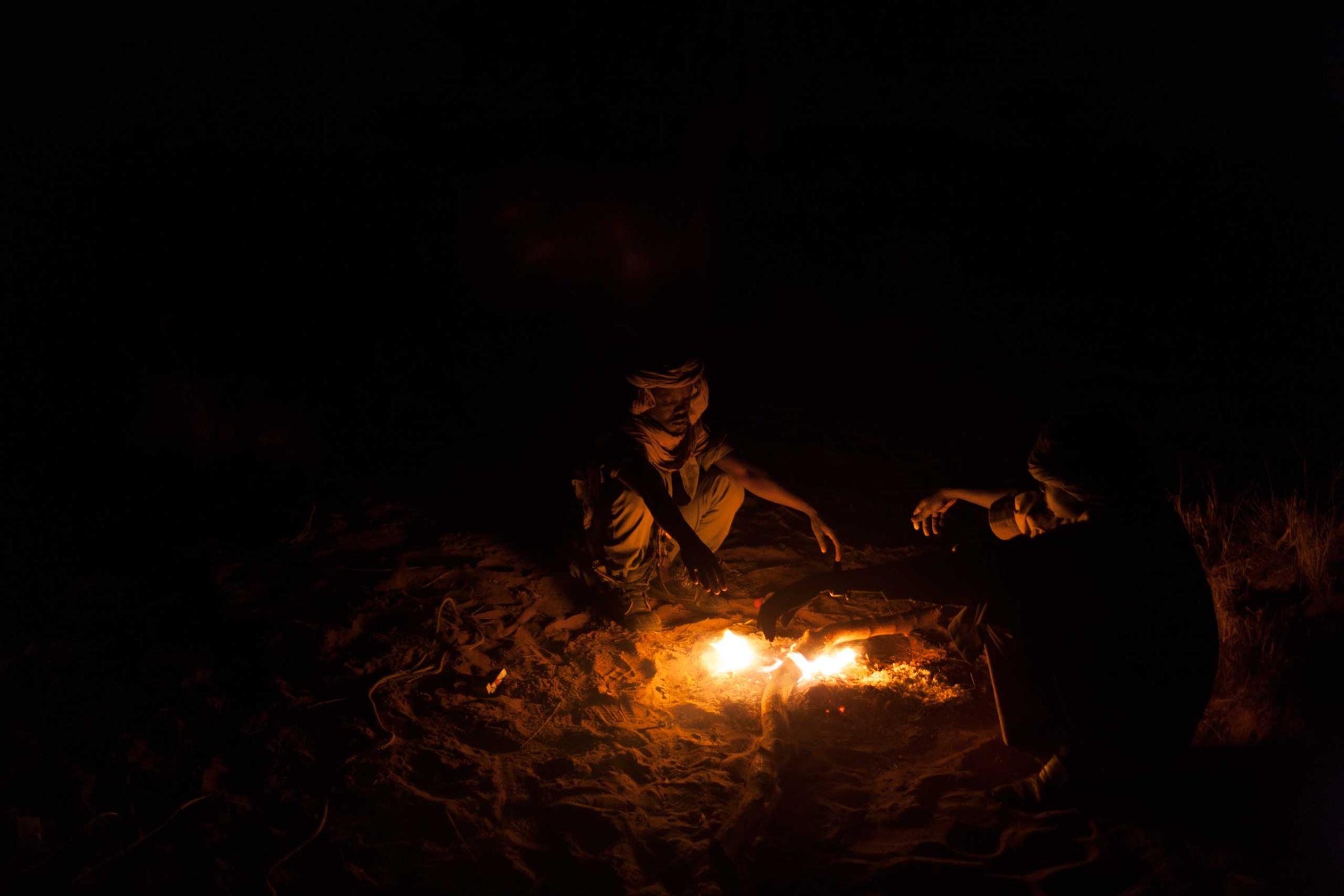
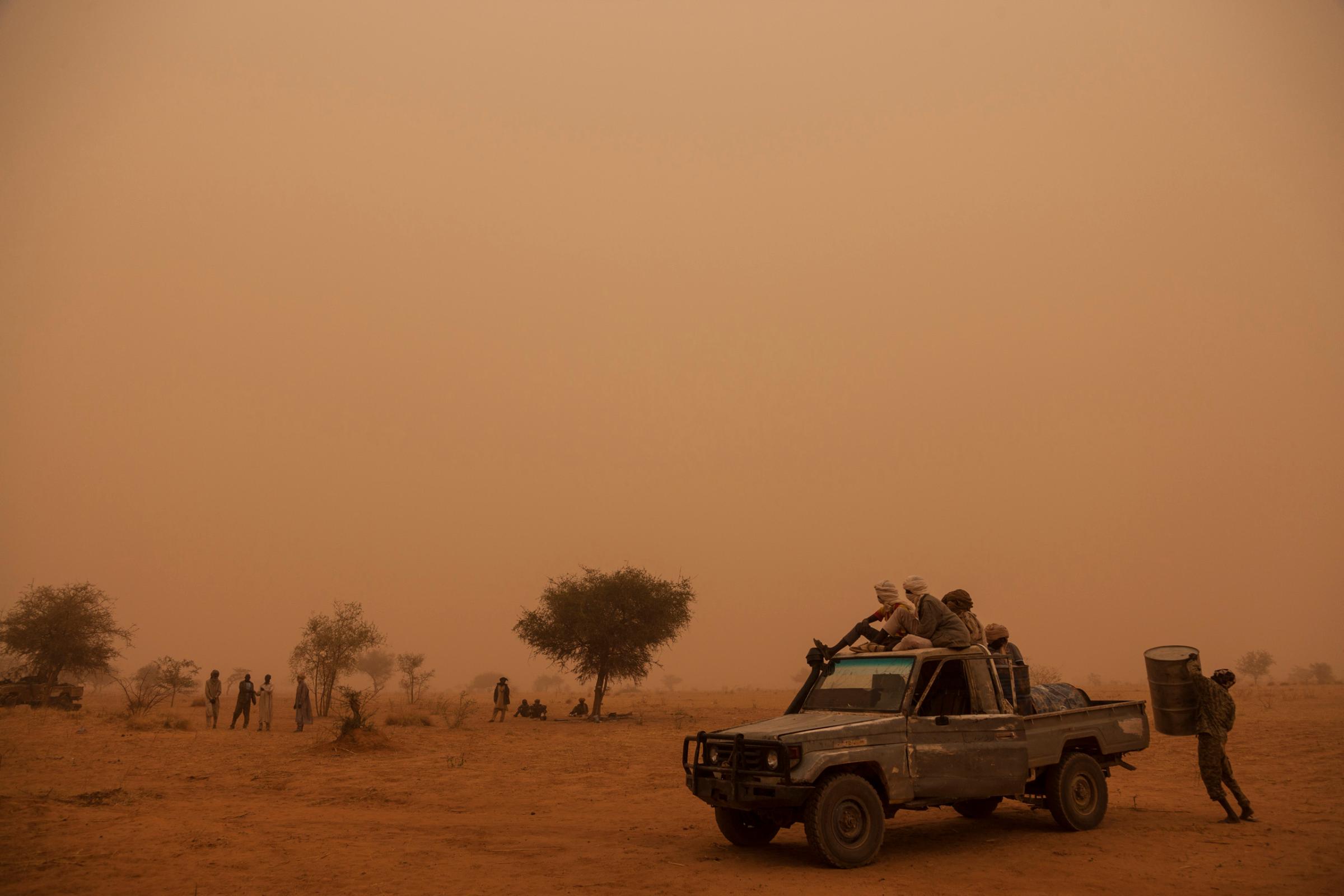
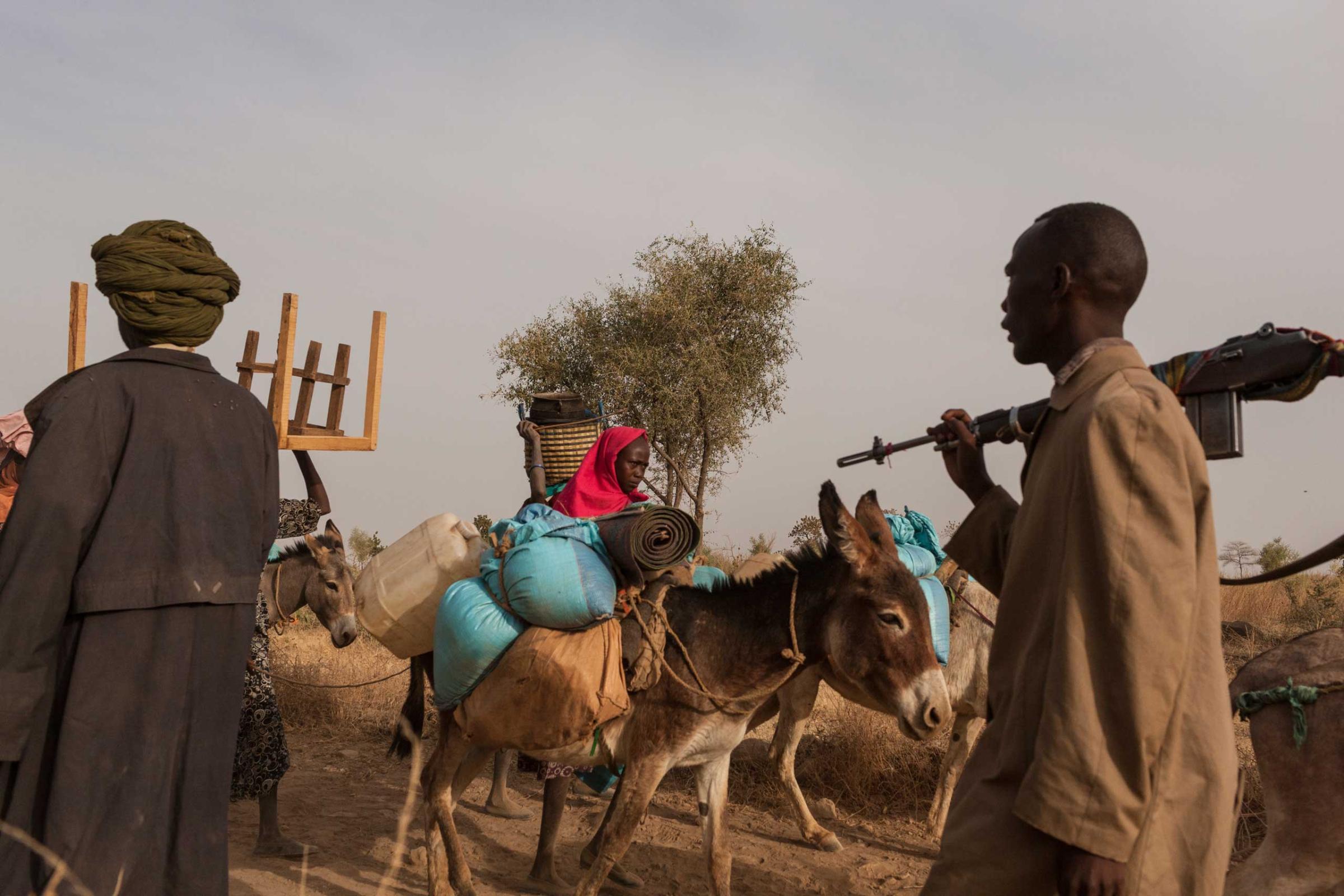
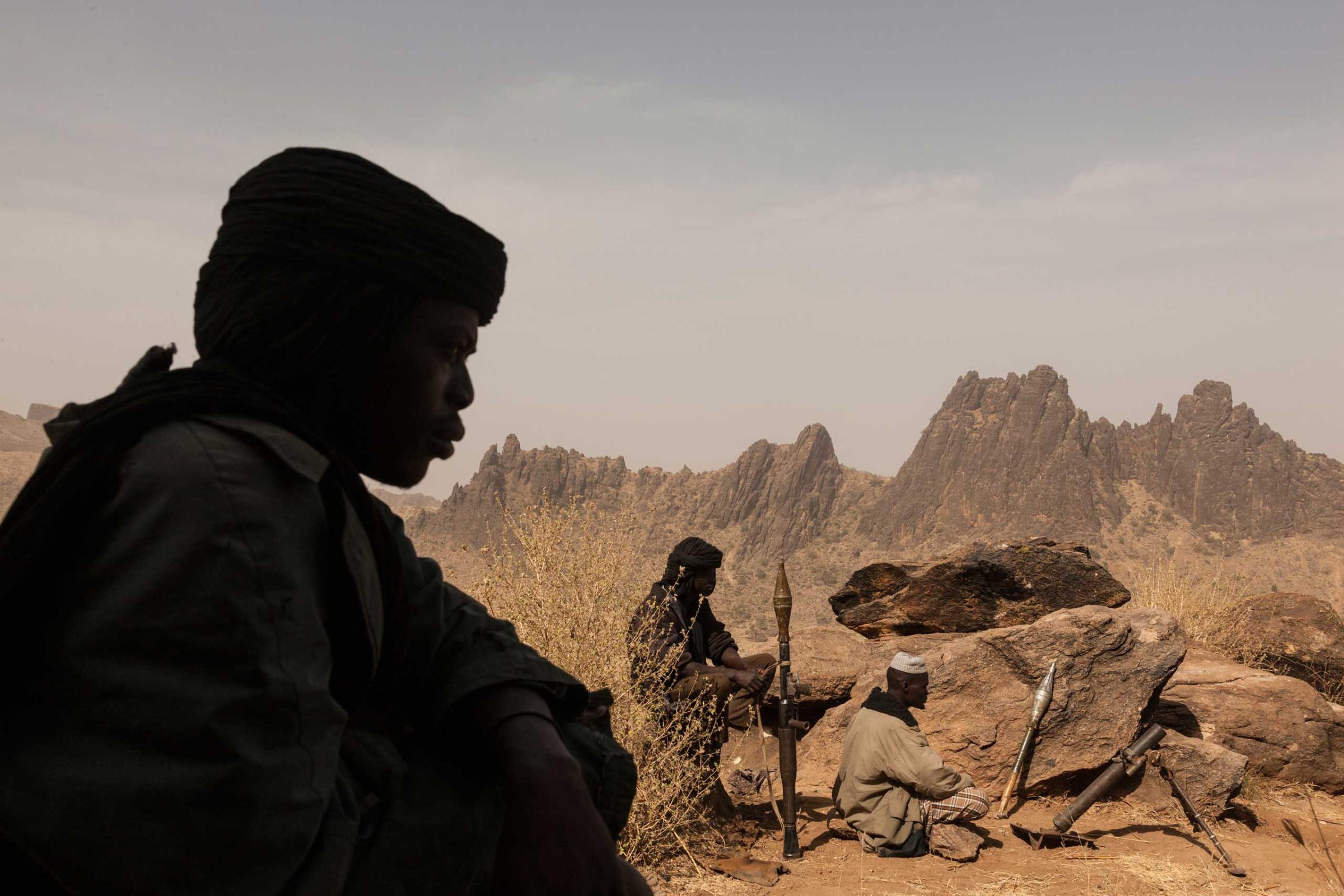
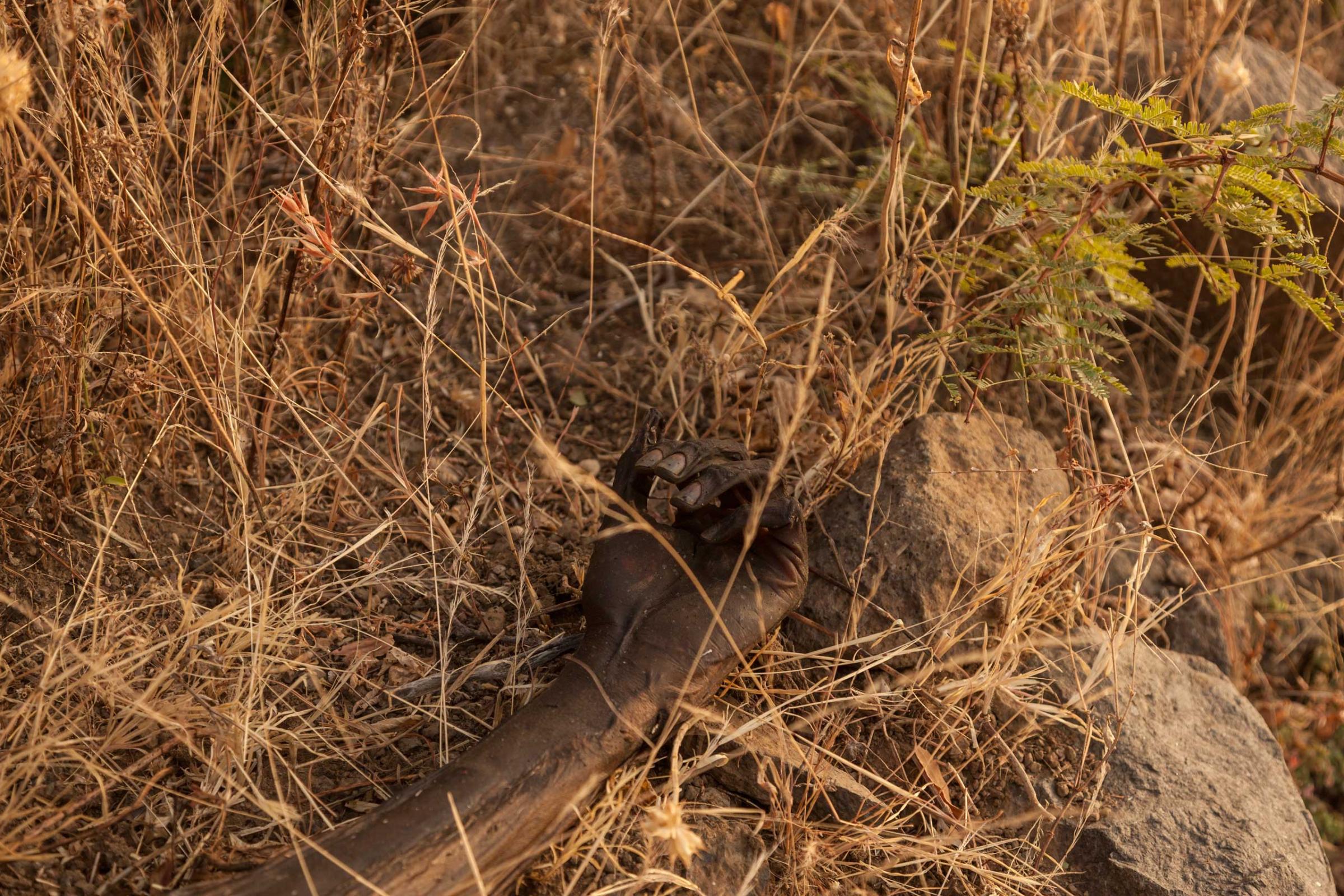
More Must-Reads from TIME
- Cybersecurity Experts Are Sounding the Alarm on DOGE
- Meet the 2025 Women of the Year
- The Harsh Truth About Disability Inclusion
- Why Do More Young Adults Have Cancer?
- Colman Domingo Leads With Radical Love
- How to Get Better at Doing Things Alone
- Michelle Zauner Stares Down the Darkness
Contact us at letters@time.com